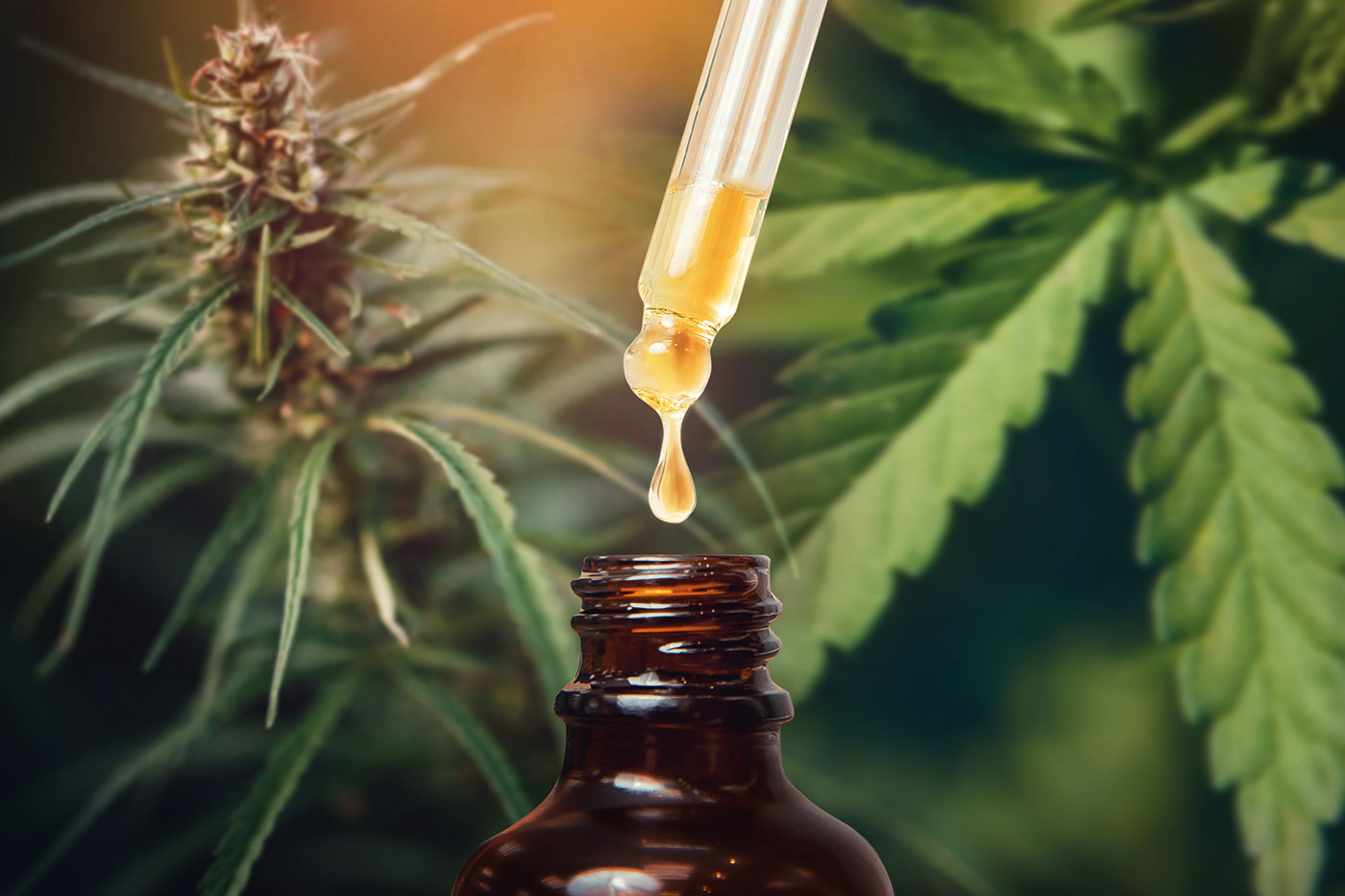Since opening in 2018, The Cannabis Clinic has consulted with more than 20,000 New Zealanders, including children and patients in palliative care.
It’s operated by regular doctors and nurses who are experts in what they believe to be a wildly underexplored – and underestimated – medical field, and their passion is, well, intoxicating.
“I was looking for a new challenge,” says founder and CEO, Dr Waseem Alzaher. “But the first challenge was the realisation that I will always be known as the ‘cannabis doctor’. And if the industry turned to custard, or remained on the fringe, then I’d be stuck in a no-man’s land – along with my reputation!”
The doctor admits that he’d never really felt like someone who really fitted in.
“And it’s easy to just go with the flow, right?” he tells Verve in his Takapuna HQ. “But you have to have the self-awareness to step aside and ask where it’s all going.”
Similarly, Lisa Gadsby, the clinic’s business development manager , who previously ran a holistic wellness business promoting the natural powers of the plant, realised that there was potential to do more.
“I’ve travelled the country doing dozens of shows and seminars each year,” she says, “and what I’ve noticed, particularly in the last 24 months, is a huge increase in physical and mental pain in New Zealand. I felt that need for medicinal cannabis had also increased.”
Cloud of Confusion
Though entirely legal, the medical cannabis industry remains massively misunderstood. So, healthcare aside, the clinic team realises greater education is vital to remove the stigma and allow meaningful progress that they say will change lives.
“Elderly people, for instance, turn their noses up at even imagery of the plant,” laments Lisa. “But we, like all mammals, have an endogenous cannabinoid system – something most people haven’t heard of before. The endogenous cannabinoid system is a vital regulatory system in our bodies that helps maintain balance and homeostasis, influencing functions like mood, pain, appetite, and immune response.”
“When you explain the science behind it, it puts people at ease and lets them know that we’re all on the same page,” says Dr James Cameron, who still also practises as a GP. “This is not about getting high.”
Medicinal cannabis is an immensely divisive topic within the medical profession, though more doctors are becoming more aware of its potential.
“A lot of GPs don’t even present it as an option,” continues James. “But there’s a point where you just can’t ignore patients’ experiences. Even if it wasn’t part of your training, even if you don’t understand it, there’s a point where enough people say that this works really well that you just have to accept it.”
And it often works where mainstream medications have failed.
“With disorders like fibromyalgia and endometriosis, the success stories with cannabis are just undeniable,” says Lisa. “I was at the forefront of that. At these expo shows, my store became a confessional booth where people would share their cannabis stories with me. New Zealand is a small place, and we all know somebody who’s benefited from it. That’s where we’re at in 2023 – I feel like everyone’s curious.”
Nurse team leader – and Aotearoa’s original cannabis nurse – Maxine Anderson speaks of the drug’s successes in subduing seizures and helping with other conditions such as chronic fatigue syndrome, and a variety of autoimmune and neurological conditions.
“Of course, there’s a time and place for the biomedical model, but there’s so much pain and illness out there – particularly chronic ones – that I just don’t believe the medical model is equipped to address,” she says. “It’s not to say that I think that medicinal cannabis is the one and only answer, but it’s an important piece of the puzzle in supporting people’s internal cannabinoid system. We have a very holistic approach. It’s important to address concerns from all angles and I think medicinal cannabis can be a really helpful part of that.”
A Cannabis Community
Around 10% of the clinic’s patients arrive via referrals, the rest generally find it through their own online research.
“So many people have been struggling, feeling that their medicines are not helping,” says Waseem. “They wonder if there’s another option, begin investigating, and consider cannabis. We’re seeing a real shift in attitudes, an openness to plant-based, natural options.”
Common misconceptions include the belief that medicinal cannabis costs $1,000 per month (in reality, it’s closer to $300), and that symptoms must be severe to require treatment.
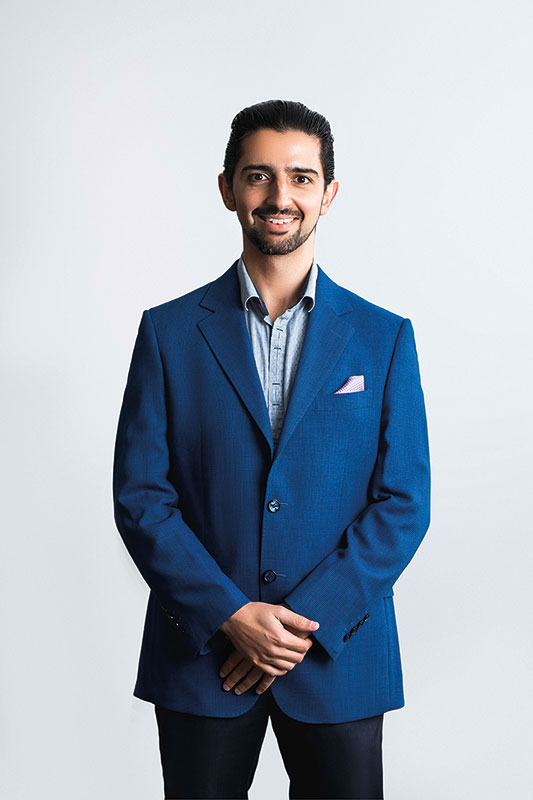
Dr Waseem Alzaher
Founder
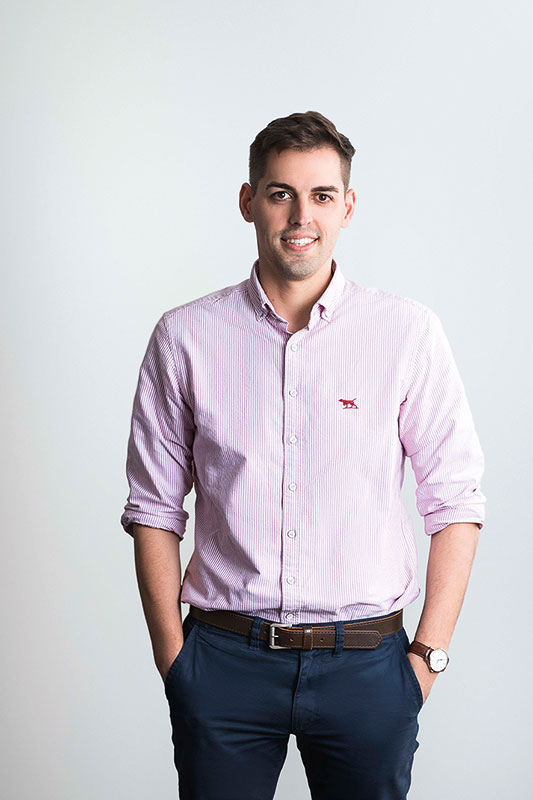
Dr James Cameron
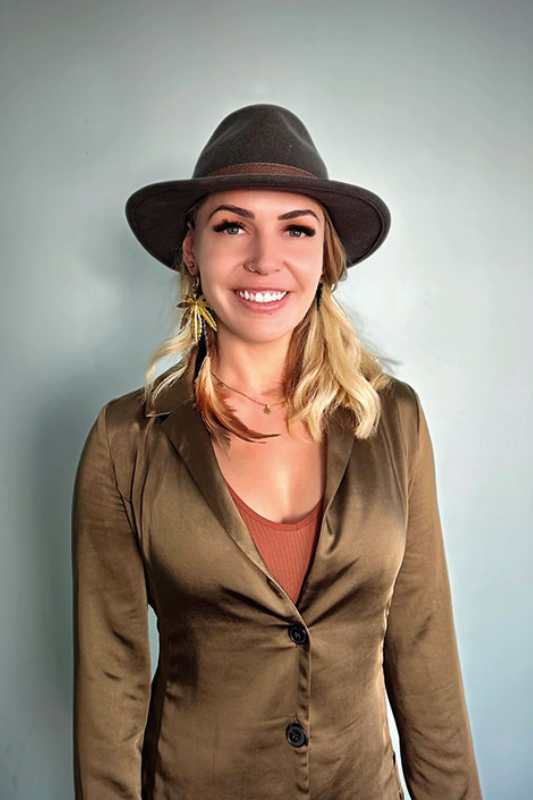
Lisa Gadsby
Business Development Manager
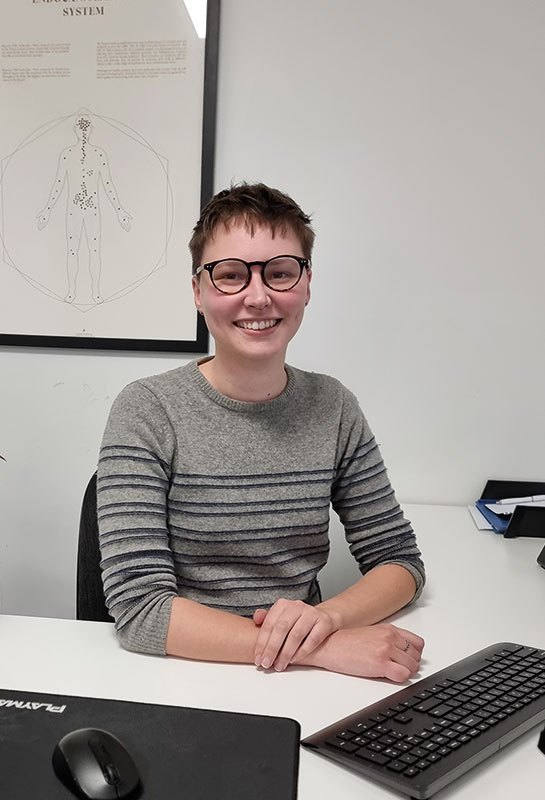
Maxine Anderson
Nurse Team Leader
“You don’t have to be suffering from cancer to qualify,” says Waseem. “Most of our treatments cover things like stress and insomnia.”
The doctor describes the clinic as an “ecosystem that puts the people at the centre of what we do”. “That means that our doctors are spending up to 30 minutes per consultation to understand what’s really going on. It’s all about creating a community.”
Consultations involve investigating medical histories, including any psychiatric or mental health issues. “And then it’s standard first principles medicine,” says James. “We try to understand what the patient wants to get out of it.”
Treatments are tailored, with different combinations delivered by way of vaping or ingesting depending on the condition or how quickly the patient requires relief. The clinic most commonly treats those experiencing physical pain, anxiety, and depression, along with gastrointestinal issues and ADHD. James says that there’s exciting research being done around the treatment of acute psychosis.
“We also have the other type of patient who has been using cannabis for 30 years. So they’re at a different stage of the same journey. But the benefits of having our medical supervision is that you get a tailored plan. It’s not as simple as going home and lighting up every day. You have to understand doses, timings, and quantities. We know exactly what’s in every single flower which means we can be really systematic in finding what works and ensuring it’s the exact same thing every time.”
The follow-up care is equally important – and meticulous.
“There are legal requirements which we take care of, and every few months we check in for a chat,” says Maxine. “It’s a very high level of support throughout the whole process, and our nurses have extensive knowledge which we pass on to empower patients and help them understand what works best for them so that they can take control of their own health.”
Fast Forward
Headquartered in Takapuna, with clinics also in Wellington, Hastings, Nelson, and Christchurch – and more on the way – Waseem says his dream is not only to have centres all around the country, but to progress the industry to the point where it’s part of mainstream medicine and dispensed at local pharmacies. And that progress is happening – so fast, in fact, that the organisation needs to hire more medical professionals to keep up with demand.
“We’re healthcare professionals, and we want advice to be given from trusted authorities,” says the doctor. “All medicines have their place, but it’s unheard of for one product to be so effective for so many ailments. So, we’re here to give cannabis its place, as a legitimised, non-stigmatised treatment.”
“I think it’s also important that it’s not glamorised as some popular fad,” says Maxine. “Indigenous people have been using cannabis as medicine for centuries and I would like to see this honoured and recognised. It’s not just this magical cure that we’ve recently found. There needs to be a societal shift to ensure that it just becomes a part of how we live.”
Find out more about medicinal cannabis – including available job openings for medical professionals – at cannabisclinic.co.nz | 0800CBDOIL


